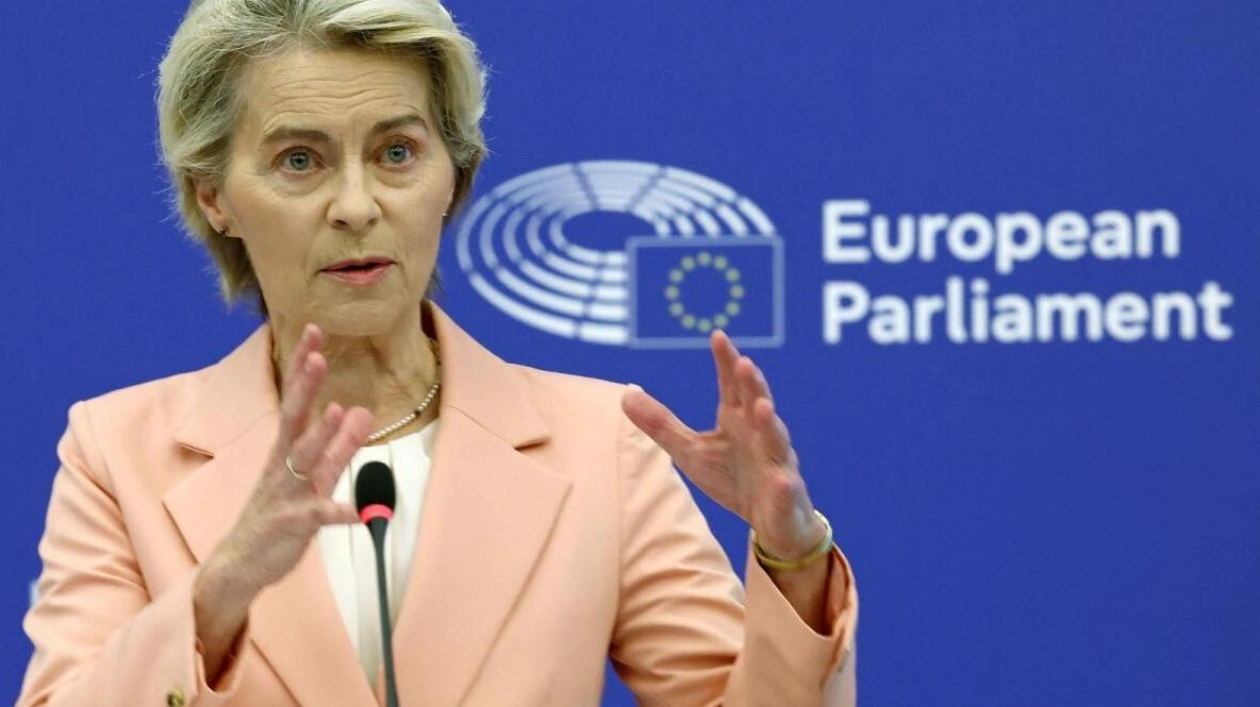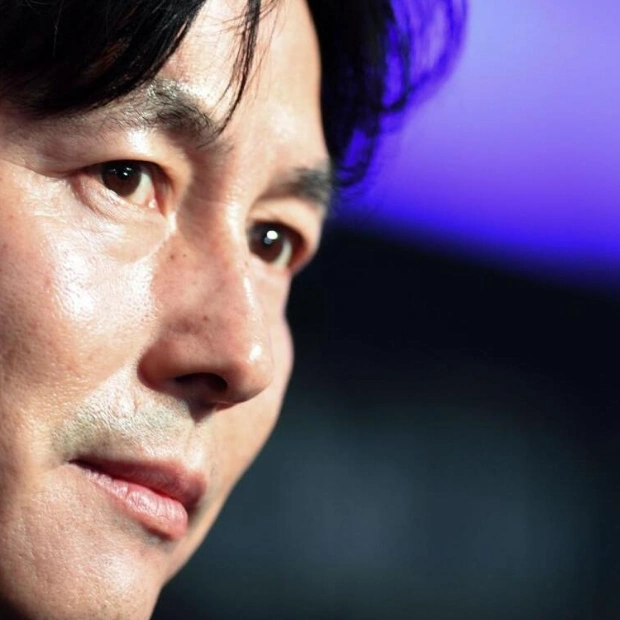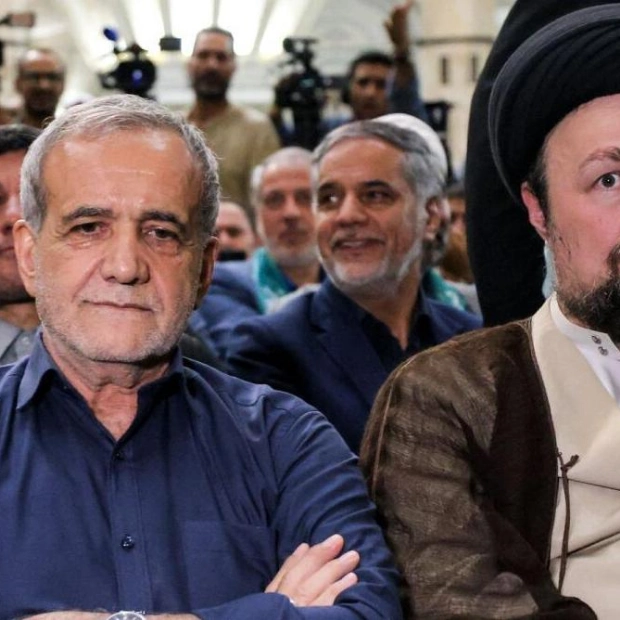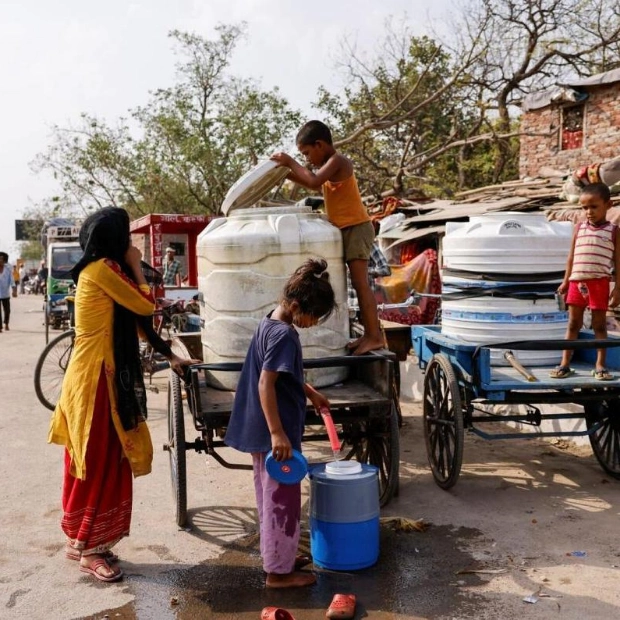After intense political negotiations spanning several weeks, European Commission President Ursula von der Leyen presented her new leadership team on Tuesday. This team is tasked with guiding the EU through the next five years amid global uncertainties. The formation of this new commission is particularly significant given the backdrop of Russia's ongoing war in Ukraine, the potential return of Donald Trump as US president, and the growing competition from China. To address these challenges, Von der Leyen allocated key economic portfolios to France, Spain, and Italy, including a prominent role for a hard-right candidate from Rome.
"It's about reinforcing our technological sovereignty, our security, and our democracy," Von der Leyen stated as she unveiled the team at the European Parliament in Strasbourg. French candidate Stéphane Sejourne was appointed as an executive vice-president responsible for industrial strategy, following Von der Leyen's decision to replace Paris's initial nominee. Spain's Teresa Ribera, a socialist advocate for climate action, was also named an executive vice-president, overseeing the bloc's transition towards carbon neutrality. As the conflict in Ukraine enters its third year, security and defense roles have gained new importance.
Former Lithuanian Prime Minister Andrius Kubilius was given a new defense role, focusing on the EU's efforts to rearm, making him one of several hawkish Russia critics from Eastern Europe to secure a prominent position. This group includes Estonia's former Prime Minister Kaja Kallas, who has already been selected by EU leaders as the bloc's foreign policy chief. Finland, another country bordering Russia, saw its nominee Henna Virkkunen assigned a significant role encompassing security and technology. Balancing the demands of the 26 member states, Von der Leyen had to navigate a political tightrope, leading to some discontent among national leaders.
The most notable casualty was France's initial choice, Thierry Breton, who resigned as internal market commissioner, accusing Von der Leyen of pressuring Paris to remove him. Despite efforts to achieve gender balance, Von der Leyen's administration ended up with 40% women after urging member states to nominate more female candidates. The appointments reflect Brussels' priorities for the European Union and the influence of member states and political groups following the EU Parliament elections in June. Among the six powerful commission vice-presidents is Italy's Raffaele Fitto, who was given a cohesion brief, reflecting the gains made by far-right parties in the June elections.
The appointment of a member of Prime Minister Giorgia Meloni's post-fascist Brothers of Italy party to a top role has raised concerns among centrist and leftist groups. Meloni stated that Fitto's appointment as a vice-president "confirms the newfound central role of our nation in the EU". Following the Green parties' losses in the June elections, environmental defense has slipped down the list of Brussels' priorities, with the distribution of green policy responsibilities among commissioners drawing particular scrutiny. Alongside Ribera's role in the green transition, Dutchman Wopke Hoekstra will continue in a role handling climate and the push for EU carbon neutrality.
Other notable appointments include Croatia's Dubravka Suica, who was given a new role overseeing the Mediterranean region, and Slovenia's Marta Kos, pending confirmation as her country's candidate, who was assigned the enlargement portfolio. Key figures moving forward include Slovakia's Maros Sefcovic, handling trade, and Poland's Piotr Serafin, who will lead negotiations over the bloc's next budget. All prospective commissioners must secure broad political support, as they still require approval from the European Parliament. Hearings are scheduled to begin in Brussels in the coming weeks, during which lawmakers could reject some candidates or subject them to rigorous questioning, as expected with Italy's Fitto.
Among those potentially at risk is Hungary's Oliver Varhelyi, nationalist Prime Minister Viktor Orban's representative in Brussels over the past five years. Varhelyi was given a reduced role this time, covering health and animal welfare. The goal is to have a new commission in place by November 1, but diplomats suggest that December 1 is a more realistic target.






